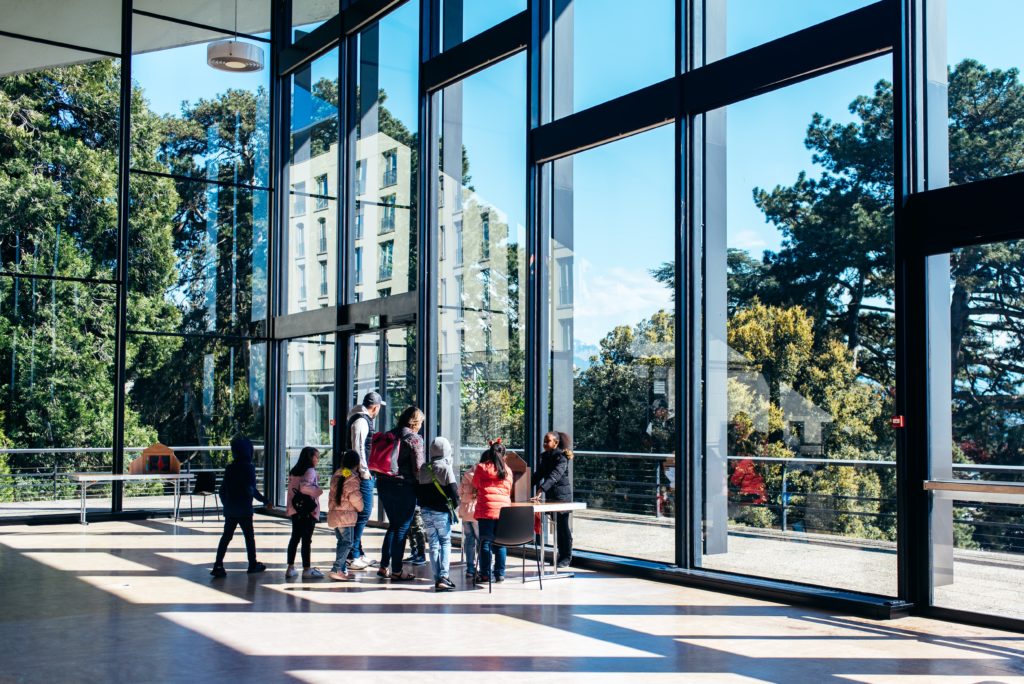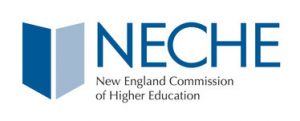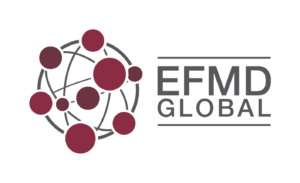Non-accredited universities

Non-accredited universities
Principle
Many private institutions in the canton of Vaud have one thing in common: they are not recognised in Switzerland within the meaning of the Higher Education Act (HEdA; Loi sur l’encouragement et la coordination des hautes écoles, LEHE).
The majority of these private institutions are not accredited at Swiss level within the meaning of the Higher Education Act. Therefore, they:
- Do not, as a general rule, guarantee direct access to consecutive studies in the Swiss academic system.
- Do not authorise the exercise of a regulated profession in Switzerland.
- Are subject to the employer’s discretion with regard to the exercise of unregulated professions in Switzerland.
In recent years, a fair number of these private institutions have established themselves in Switzerland. Convinced of the attractiveness of the scientific community, job market, and quality of life in Switzerland, those promoting said private institutions seek to take advantage of these positive elements to recruit mainly foreign – but also Swiss – students.
Compared to other Swiss cantons, these private institutions are particularly numerous in the canton of Vaud, where many of these institutions offer education in the fields of hospitality and management. Some of these institutions stand out for their excellence and reputation, while others have attracted attention because they recruit foreign students at very high tuition rates without, however, offering a corresponding study programme or awarding a recognised diploma.
These private institutions are active on the Swiss market according to the principle of economic freedom (art. 27 of the Swiss Constitution of 1999 and art. 26 of the Vaud Constitution of 2003). They can offer Bachelor’s, Master’s, Doctoral, and MBA degrees in accordance with the principles of the Bologna Declaration.
What to look out for
If you are interested in studying at such a university, the criteria below will help you to check that it is active and offers appropriate courses. That said, bear in mind that these criteria are neither exhaustive nor cumulative:
- The teaching programme must indicate the language(s) of instruction, the programme duration, the subjects taught each semester, as well as the number of periods per semester allocated to the latter.
- The institution must have appropriate teaching rooms and quality equipment.
- The degree awarded must be clearly defined. More generally, the study structure must comply with the requirements of Bologna or other recognised higher education systems.
- The institution can be accredited by one or more recognised accreditation agencies.
- The institution has annual activity reports available.
If in doubt, you can contact the Directorate General for Higher Education (DGES) using the contact form.
Some of these private institutions may approach the Swiss Accreditation Council (SAC) in order to undergo an institutional accreditation procedure within the meaning of the Higher Education Act (HEdA; Loi sur l’encouragement et la coordination des hautes écoles, LEHE).
Accreditation agencies
There is a multitude of accreditation agencies at international level that specialise in different fields of study. They should be considered on a case-by-case basis, as some are well known, while others are not in the lists of the major recognised agencies.
The list of international accreditation agencies below is not exhaustive and is provided for information purposes.
Established in 2004 by the Australian Federal Government to develop benchmarks and promote excellence in tourism, hospitality, and events. Since becoming a non-profit organisation in 2008, THE-ICE has become a global benchmark for the accreditation, comparative analysis, and quality improvement in tourism, hospitality, events, and culinary arts education. It boasts a network of 44 members in 19 countries on 4 continents.
The New England Commission of Higher Education (NECHE) is a voluntary, non-governmental association that serves as an institutional accreditor and promotes educational excellence and quality assurance among its member institutions. Its members are post-secondary degree institutions offering degrees and higher education located in or outside the United States.
The Association to Advance Collegiate Schools of Business (AACSB) has been the guarantor of standards of excellence since 1916. The agency provides services in quality assurance, in sector analysis, and in professional development to over 1,500 member organisations and 785 accredited business schools worldwide. With its main headquarters in Tampa, Florida (USA), its Europe, Africa, and Middle East region headquarters in Amsterdam (Netherlands), and its Asia-Pacific region headquarters in Singapore, the AACSB’s mission is to promote the engagement of educational institutions, accelerate innovation, and maximise the impact of innovation in business schools.
The European Foundation for Management Development (EFMD) is an international, non-profit, member-ship driven organisation founded in Belgium in 1972. With over 800 members from the hospitality and education sectors, the EFMD “act[s] as a catalyst to promote and enhance excellence in management development globally”.





